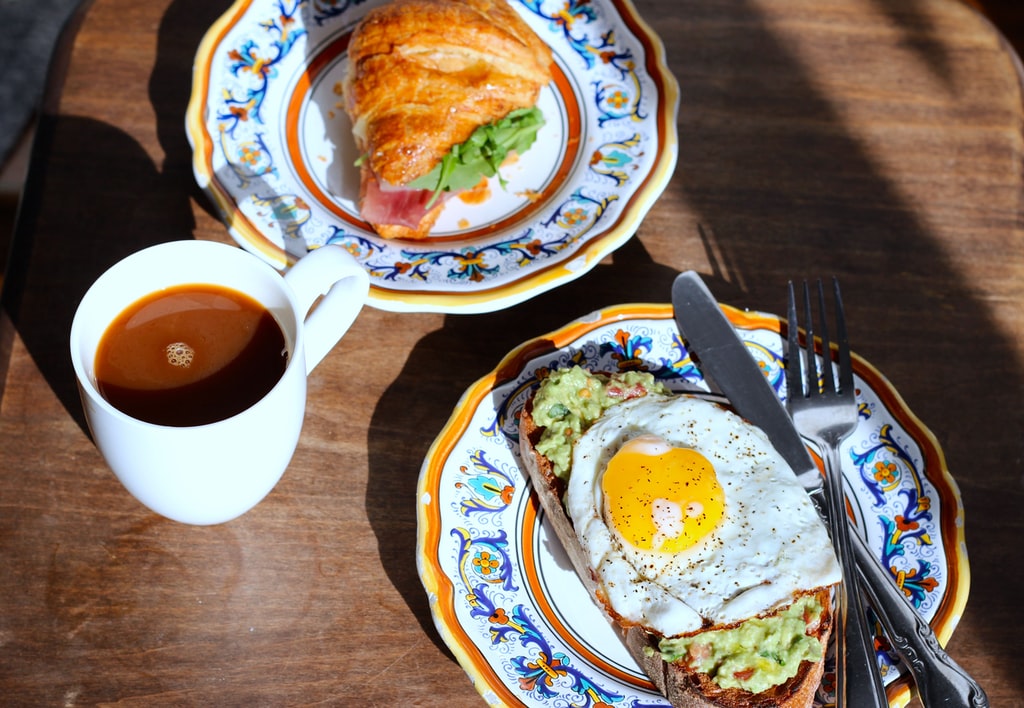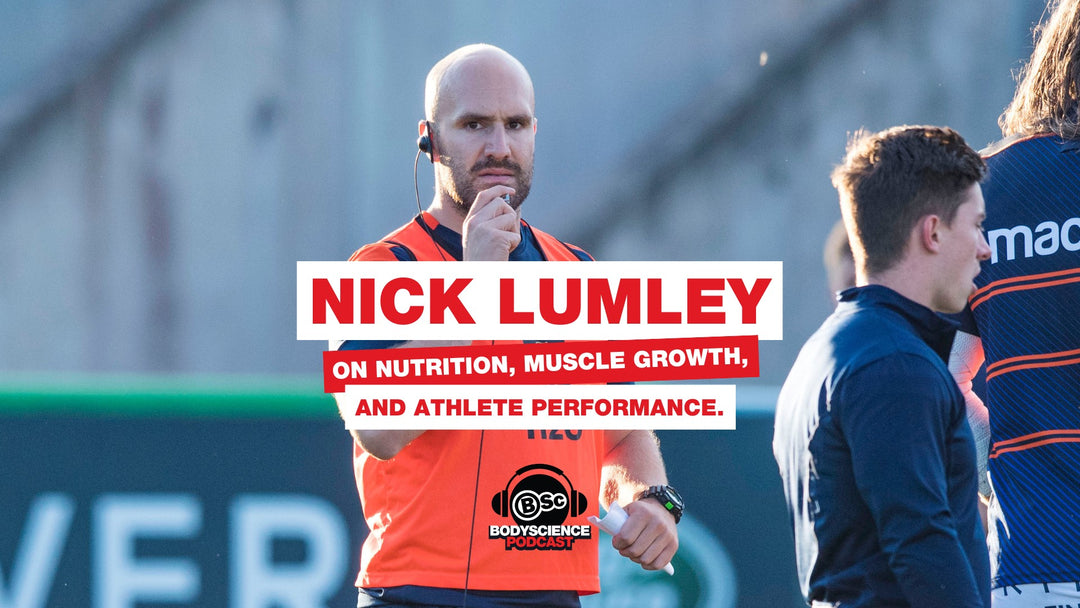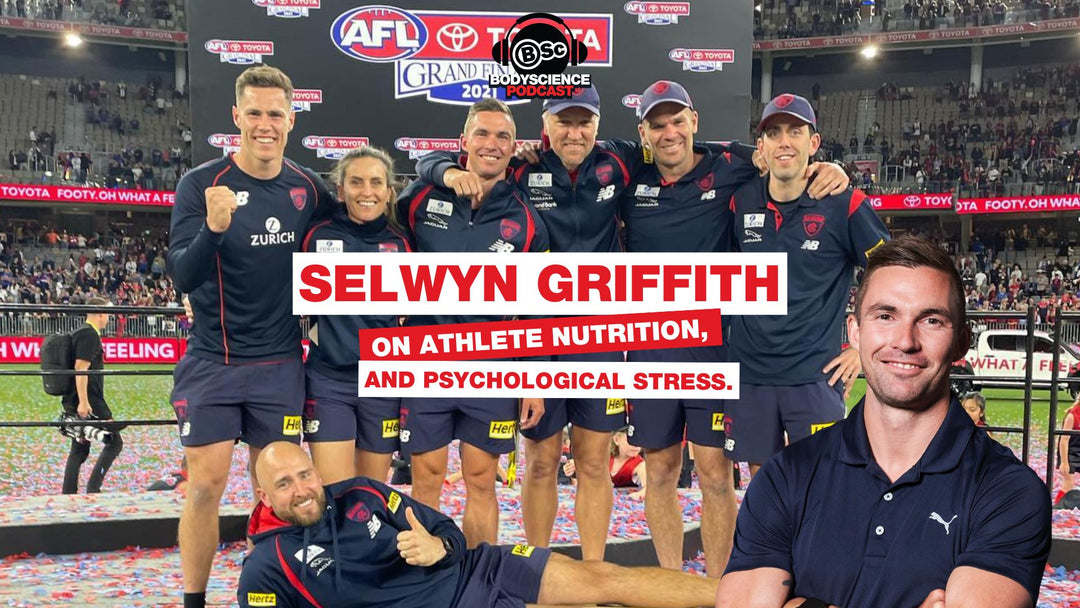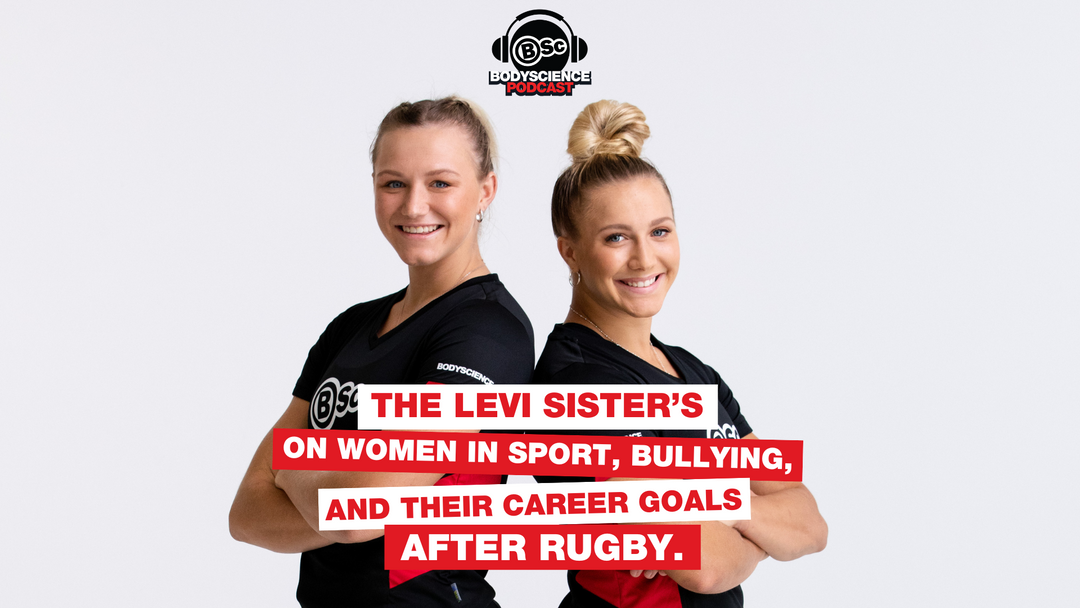Author; the team at BSc HQ
There’s a lot of conflicting nutritional advice we see and hear in today’s culture and some can be hard to avoid or know what truth there is behind them.
Don’t eat this. Carbs are bad. Eat before a certain time...
In this article, we will highlight some of the common diet myths and lay them to rest so you can start achieving your goals!
Myth 1: It doesn't matter what you eat in the morning, as long as you have breakfast.

It does matter. A complete protein breakfast is ideal. Whole eggs increase a feeling of satiety (fullness) and decrease calorie intake during the day. If you’re in a rush, a protein smoothie should suffice for an hour or two.
Myth 2: you don’t need carbohydrates.
Complex carbs with your first 1-3 meals of the day (e.g. organic oats, barley flakes, rye or soy-linseed bread, sweet potato, wild rice, or quinoa will help you train harder and focus more at work. Carbohydrates are the fuel source for your mind and body during the day.
Myth 3: any protein source will suffice for dinner.

All varieties of protein are great but are not all the same. Each source of protein can be best utilised in different ways. Slow-release sources of protein that also contain some good fats include red meat and salmon. These are ideal for satiety and to prevent bingeing in the evening or early in the morning!
Myth 4: eat just before you train.
If you’re trying to burn fat like most of us, then try having your last pre-workout meal two hours before you train. This ensures that your meal has time to digest and the nutrients can be used to fuel your body. This will also give you sufficient energy to make the most of your training session!
Myth 5: always train in the morning.
Train when time permits. We all live very different lifestyles and have different commitments. Just follow the rule above of eating approximately two hours before training and you’ll feel lighter, have the energy to work out, and still have the ability to burn fat whilst you train!
Myth 6: you should stop eating by 7 pm.

This is a common misconception. As long as you are awake, you have the potential to keep your metabolism going by eating… something very few will complain about! Stopping eating at some magical hour like 6 pm or 7 pm isn’t necessary or true. This becomes a problem, particularly if you are staying up until midnight (another 5 hrs without food) then sleeping for 6-8 hrs. This is a total of 13hrs without food. When the body is starved of nutrients for that long, it can potentially store food as fat. This process is a survival mechanism that the body implements to sustain life.
Myth 7: nutrient timing does not matter, as long as you ingest your daily food intake by the day's end.
Eat every 2-3 hours when trying to maximise fat burning! This will keep your blood sugar levels stable, so you maintain a healthy nitrogen balance for muscle growth and prevent the urge to binge. Your ability to absorb nutrients and prevent fat storage is also ideal when your blood sugar levels are stable.
Myth 8: drink 2l of water per day.
Water requirement varies depending on the size of the individual. Most of us require approximately 2-3L just to maintain organ hydration! We can use water to improve energy levels and fat-burning potential. It is optimal if you increase that to approximately 3-4L especially if you’re exercising. It is advisable not don’t drink whilst eating, as this can impair digestion.
Myth 9: smoothies are for the morning.

Smoothies are nutrient-packed and great for any time of the day - not just breakfast! If you find that you are unable to have a meal due to work commitments or time constraints, then pick up one of our BSc protein powders, blend it with some healthy fruit and veg like banana's, dates, or spinach so you can stay on track to reach your goals!
Myth 10: dieting is restrictive and not sustainable.
There are so many whole foods to choose from in each food group, that the combinations of meals you can create is infinite! Rather than think about ‘dieting’ with a negative connotation and all about restrictions and rules, just think of all the healthy, wholesome whole foods that you can take advantage of!

















